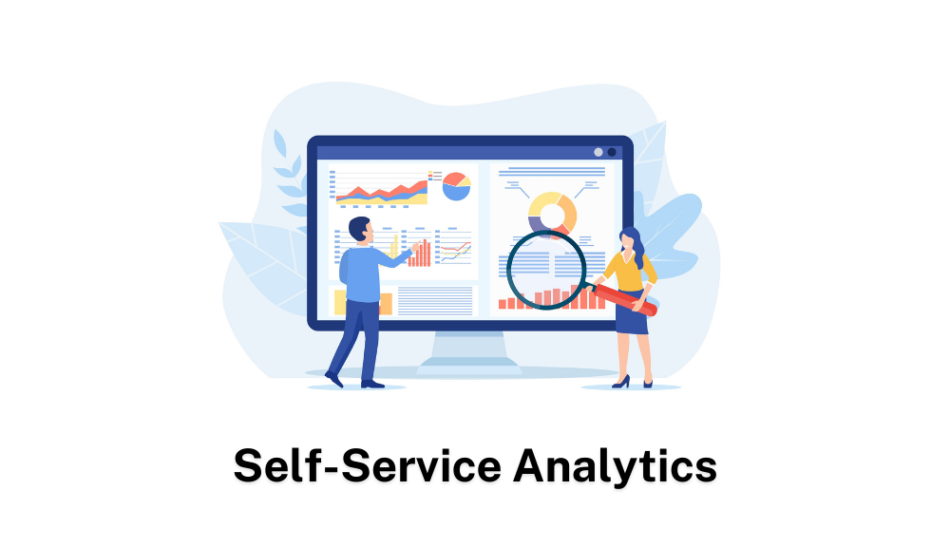The role of analytics has become increasingly pivotal in the dynamic landscape of modern business. The advent of self service analytics has emerged as a game-changer, offering business users unprecedented control over data exploration and analysis. This article explores the manifold benefits it brings to business operations, shaping a more agile and informed decision-making process.
Democratising Data Access
A fundamental benefit of self-service analytics is its capacity to democratize access to data. Traditionally, data analysis was confined to specialized teams or IT departments. However, with it, business across various departments can independently access and analyze data relevant to their specific needs. This democratization fosters a process of data-driven decision-making throughout the organization.
Accelerated Decision-Making
Self-service analytics expedites the decision-making process by minimizing the reliance on IT or data science teams. Business users have the capability to engage directly with the data, create custom reports, and derive insights without prolonged delays. This agility is particularly beneficial in fast-paced industries where timely decisions can be a competitive advantage.
Enhanced Collaboration and Communication
Collaboration is the cornerstone of organizational success, and self-service analytics facilitates seamless collaboration among diverse teams. With the ability to share customized dashboards and reports, business users can communicate insights effectively, fostering a more collaborative environment where data becomes a shared language for decision-making.
Tailored Insights for Varied Audiences
Different stakeholders within an organization have distinct information needs. It enables users to tailor insights based on their audience. Whether presenting to executives, marketing teams, or operations, users can customize reports to highlight the most relevant metrics, ensuring that insights resonate with the specific concerns of each group.
Improved Data Governance and Compliance
Contrary to the misconception that self-service analytics may compromise data governance, it can enhance it. Many platforms provide robust governance features, ensuring that data access is controlled and compliance with regulations is maintained. This empowers organizations to derive value from data without compromising on security and regulatory requirements.
Cost-Efficiency and Resource Optimisation
By empowering business users to perform their own analyses, organizations can optimize resource allocation. Rather than relying extensively on IT or data science teams for routine reporting tasks, these teams can concentrate on more intricate and strategic initiatives, maximizing the entire organization’s efficiency.
Real-Time Decision Support
In a business environment, real-time insights are invaluable. Self-service analytics enables users to access and analyze data in real-time, providing a competitive edge by allowing for swift responses to market changes, emerging trends, or sudden shifts in consumer behavior.
Scalability for Business Growth
As organizations grow, so do the volume and complexity of their data. There are platforms that are designed to scale, accommodating increasing data volumes and user demands. This scalability ensures that businesses can seamlessly integrate it into their operations, regardless of size or industry.
User-Friendly Interface for Enhanced Adoption
The adoption of any technology is contingent on its user-friendliness. Self-service analytics platforms typically feature intuitive interfaces, making it easier for users with varying technical expertise to harness the power. This accessibility promotes widespread adoption, ensuring that insights are leveraged across all levels of the organization.
Continuous Learning and Skill Development
Empowering firms with self-service analytics fosters a culture of continuous learning and skill development. As users engage with data, create reports, and derive insights, they naturally enhance their analytical skills. This benefits individual professional development and contributes to a more data-literate organization.
In conclusion, the benefits of self service analytics for firms are far-reaching. From democratizing data access to accelerating decision-making, enhancing collaboration, and ensuring compliance, it is reshaping how organizations leverage data for strategic advantage. Navigating the intricacies of the contemporary business environment, adopting self-service analytics emerges as a critical driver of agility, innovation, and informed decision-making.


